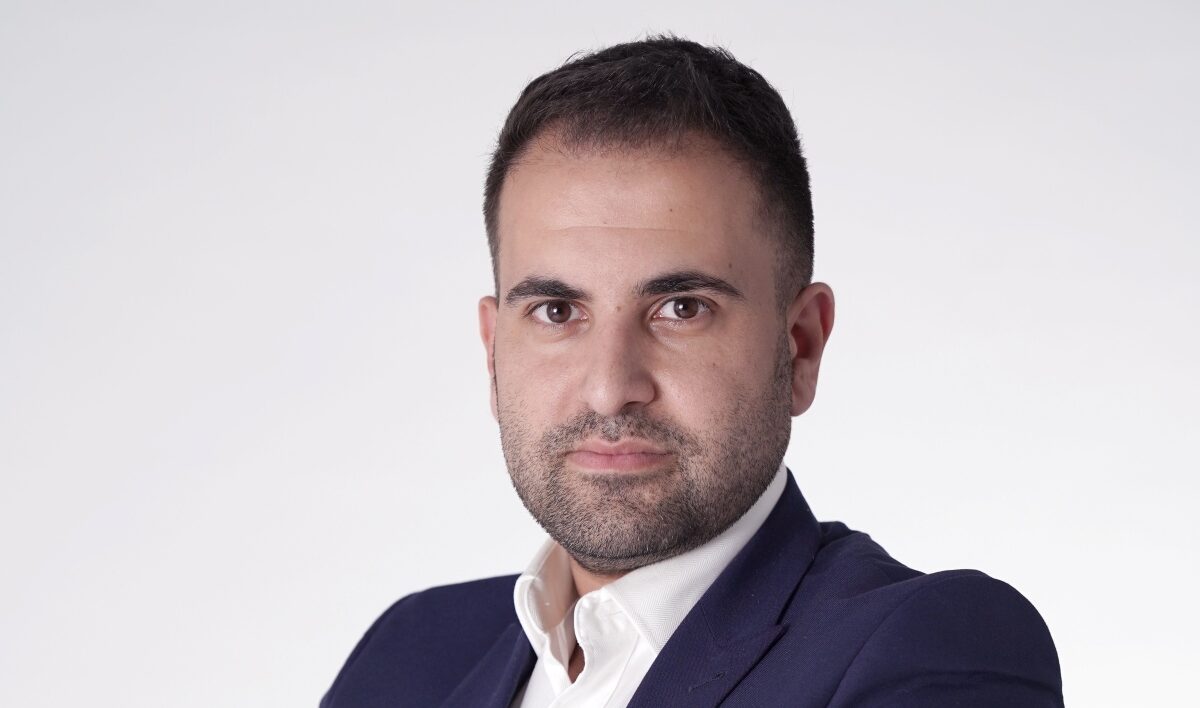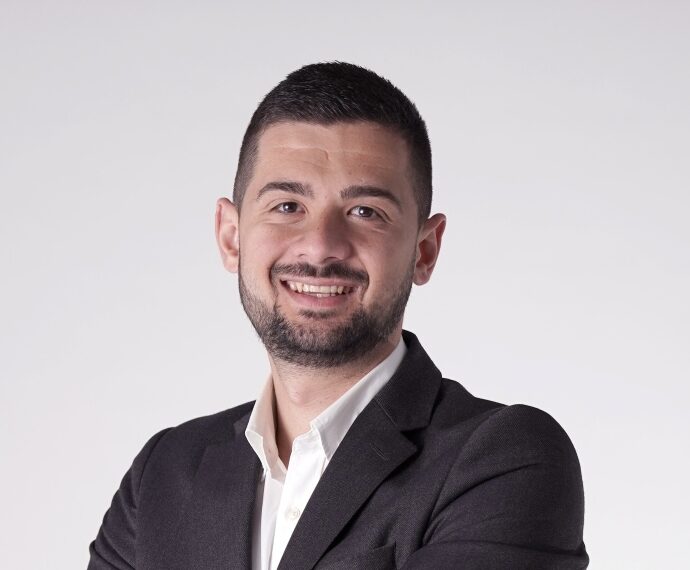While the greylisting of Malta has undoubtedly made an impact, Malta still offers a mature iGaming ecosystem with strong knowledge and expertise within the sector available on the island.
“This is why we have to keep working at ensuring good corporate governance is implemented across the iGaming industry, to mitigate risk and ensure an ethical and socially responsible environment is fostered among iGaming companies,” says Andrew Naudi from Getgovernanz says in a wide ranging interview.
NOUV is being very vocal about governance. How can the iGaming sector apply governance principles more effectively?
Indeed, NOUV set up its Getgovernanz initiative to promote good governance, transparency, accountability, and rule of law as the necessary fundamental values to shape a better economy and a fairer society. When it comes to iGaming, as with most other sectors, good corporate governance ensures that companies have the appropriate policies and practices in place to establish long[1]term shareholder value. Shareholders have the right to ask questions around the governance of an organisation, especially when performance is taking a downturn – but not just then. Good corporate governance principles give shareholders the right to ask questions to reaffirm that the board and management are doing their best to increase shareholder value, and that the board is accountable to them and working in an ethical and socially responsible manner.
Every iGaming and financial services company needs to have its own in-house Money Laundering Reporting Officer (MLRO). What are your thoughts on this?
It is a regulatory requirement on licenced entities and ‘subject persons’, as described in the FIAU regulations and guidelines. The role of the MLRO is to ensure AMLCFT policies are in place and implemented as per implementing procedures published by the FIAU for the various industries. It is, therefore, essential for companies to engage qualified and knowledgeable MLROs, and for the MLRO to be empowered to exercise their duties in an objective and independent manner.
What, in your opinion, have been the most important effects of Malta’s greylisting on the local iGaming sector?
The greylisting has undoubtedly had a negative impact on Malta’s reputation as the jurisdiction to be in for iGaming. This reputational issue, compounded with the fact that – as a nation – we are now, possibly, stepping up our game in regulatory and compliance matters, has made doing business in Malta less attractive than it used to be in the past.
We have seen from existing and potential clients of ours that there is scepticism as to whether Malta should still be considered as a jurisdiction to establish an iGaming company. However, Malta still offers a mature iGaming ecosystem, and the knowledge and expertise within the sector are still very strong.
One of the major aftermaths of the greylisting has been how banks and financial institutions outside the country view Malta, with repercussions on cashflow in and out of the country. How has this impacted the iGaming industry in practical terms? What have been the quantifiable losses so far? What are the foreseeable ones if Malta does not exit the list within a year?
Malta’s greylisting as a jurisdiction has triggered a re[1]assessment of the risk posed by Malta-based entities among several stakeholders, including international banks. As a result, MGA licensees may be faced with additional queries and requests for information from their international partners.
It appears that the MGA, as confirmed by the MGA CEO, has picked up on this immediately and is prioritising outreach to the most relevant stakeholders. He will do this to underline that the shortcomings identified in Malta’s regard do not relate to the gaming sector.
Perhaps the most meaningful initiative is the action plan put together by the Ministry of Finance to set the ball rolling to implement change at MBR and FIAU level, and to satisfy the FATF’s recommendations. This plan primarily affects unregulated businesses – namely over 48,000 companies currently registered with the MBR. From an MGA perspective, the Authority had already embarked on a process to improve its onboarding and ongoing monitoring processes.
You advocate for proper board composition and governance at board level. In what ways would this apply when we focus on the iGaming sector?
iGaming companies are no different from any other organisation. This means that proper board composition that ensures ethical and social behaviour, adopted throughout the organisation, will go a long way to ultimately producing shareholder value. Boards should ensure that the good corporate governance principles of transparency, responsiveness, efficiency, and accountability are adhered to.
While good governance can be associated with governments and public institutions, corporate governance is very much one and the same thing. iGaming companies have their own ecosystem of internal and external stakeholders, just like a government has. Companies also have social and environmental responsibilities to society in general.
Hence, while government and institutions such as regulatory agencies and authorities, and professional bodies such as the Chamber, Accountants’ Body, and others, set the governance frameworks through the enactment of laws, regulatory and licensing regimes, and companies operating within those frameworks, must adhere to the same governance principles as described earlier.
What foreign model of governance should Malta’s gaming sector emulate in your opinion and why?
There is no one single model that stands out above others. However, there are various frameworks, such as the International Finance Corporation’s (part of the World Bank) corporate governance methodology that are well worth a serious look. This approach evaluates and improves a company’s corporate governance (including the governance attributes of key environmental and social policies and procedures) to identify, reduce, and manage risk. Its use helps companies confirm their commitment to demonstrating leadership, and promotes effective environmental, social, and corporate governance.
For more information please visit: www.nouvconsulting.com, nouvigaming.com and Getgovernanz.com
This feature was first carried in the Winter 2021/2022 edition of iGaming Capital magazine, the sister publication to iGamingCapital.mt, both produced by Content House Group
Continue Reading
Malta among EU states cited in Germany’s black market gambling report
Malta, home to one of Europe’s largest iGaming sectors, was cited in a report’s data table
Gambling and financial regulators team up for closer cooperation
The MGA and MFSA have signed an MoU, designed to deepen their longstanding collaboration
ICON launches AI platform accelerateX to streamline compliance and hiring for gaming studios
The AI-powered platform from ICON automates hiring, compliance, and vendor payments for gaming companies scaling at speed
GCS Recruitment Malta Limited: Bridging talent with opportunity
GCS pairs local expertise with digital tools to connect employers and job seekers across key sectors, offering tailored hiring solutions








